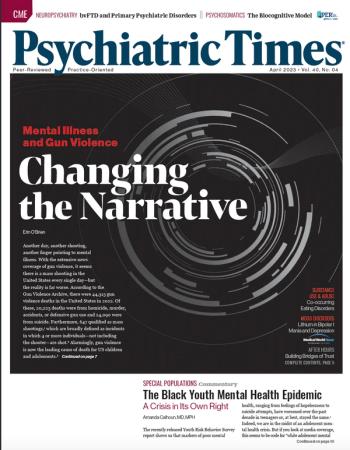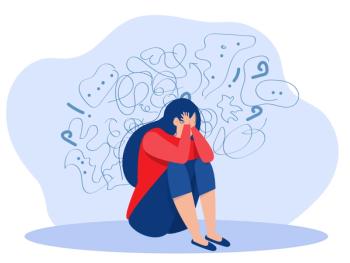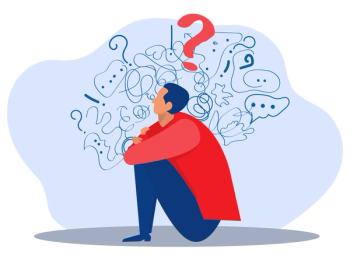
The experts weighed in on a wide variety of psychiatric issues for the April 2023 issue of Psychiatric Times.

The experts weighed in on a wide variety of psychiatric issues for the April 2023 issue of Psychiatric Times.

What is allowed in terms of professional courtesy for physicians, including waiving fees for financial hardship or providing discounted care for physician colleagues and their families?

Public responses to mass shootings, in particular, often include speculations about the shooter’s mental state. But what is the real connection between gun violence and mental illness?

Involuntary treatment is a trauma.

How can you provide the best care when presented with ethical and legal issues?

March is National Ethics Awareness Month!

How do we define autonomy?

"There are a number of themes in my book, and one of them is to subtly bust the myth that people who get diagnosed with serious mental illness cannot recover."

The perilous politics of involuntary treatment…

The experts weighed in on a wide variety of psychiatric issues for the January 2023 issue of Psychiatric Times.

"The psychiatrist may be obligated to protect the fetus or warn authorities of the patient’s intent."

Ethical dilemmas are sufficiently unique and complex that exceptionless rules or precise algorithms are seldom helpful.

From rare copy number variants in treatment-resistant psychosis to the psychiatric response to human trafficking, here are highlights from the week in Psychiatric Times.

“We didn’t pick this political fight, but we will stand up for our patients, for the policies of this House, and for our profession.”

Further arguments opposing MAID.

Dying patients may feel burdened by suffering and loss of dignity, which is why this doctor argues in favor of medical aid in dying.

Faced with extensive suffering or loss of dignity in the context of a terminal illness, different individuals will make different choices…

Revisiting the CME articles featured in Psychiatric Times in 2022.

Selections from the 2022 Psychiatric Times cover features.

Instead of figuring out ways to help people die, what if we devoted our energy to helping them live, even and especially if they are dying?

There has long been a social, ethical consensus that a physician should intervene not to end a person’s life…

“The mere legalization of MAID creates a serious and discriminatory danger…”

Is precluding the option of MAID against a competent patient’s wishes an exercise of paternalistic control and decision-making for the patient?

This doctor suggests helping patients find value in their lives rather than turning to medical aid in dying.

Opposing MAID legislation: does it give undue power to the judicial system over patient autonomy?